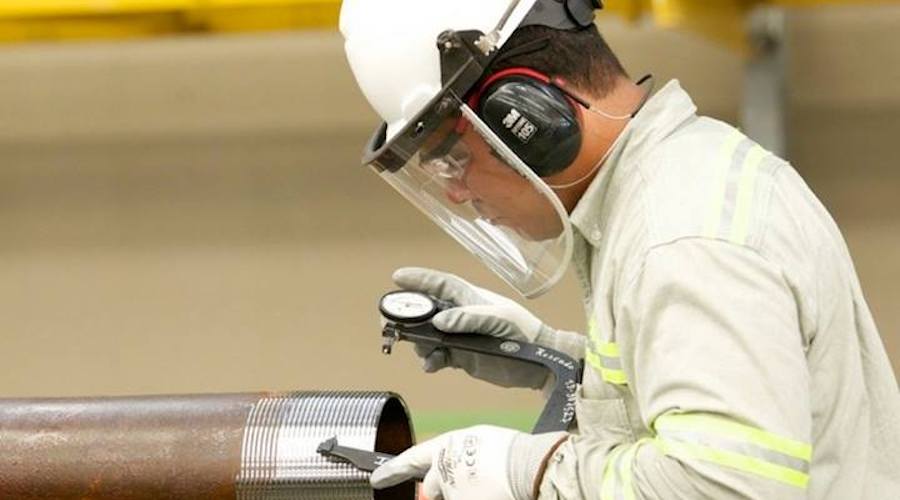
Luxembourg-based steel pipe maker Tenaris SA is temporarily laying off workers and adjusting production at a Canadian plant because of uncertainty in the steel market following tariffs imposed by the United States, a company official said on Saturday.
Teneris will lay off 40 workers at its TenarisAlgomaTubes plant in Ontario and adjust output there because of the U.S. tariffs on steel and aluminum imports, said David McHattie, a vice-president for Canada, in statement.
“The implementation of a tariff has created an unsustainable market to serve our U.S. customers,” McHattie said, adding the employees were hired in January to meet new demand for Tenaris products.
Reuters reported on June 27 that steel pipes and tubes used in drilling and transporting crude oil has flooded into Canada this spring, as U.S. President Donald Trump’s steel tariffs forced producers from Asia to seek new markets, threatening jobs in the Canadian pipe-making sector.
Non-U.S. imports of drill pipe, casings and line pipe rose 90 percent in April from a year earlier and their total value rose 80 percent to C$183 million ($137.3 million), customs data analyzed by Reuters showed.
McHattie did not elaborate on production adjustments and declined to share employment levels or sale volumes for competitiveness reasons.
Tenaris has been operating in Canada for the past 50 years and is a big supplier to the country’s energy industry.
On Friday, Canada struck back at the Trump administration on the tariffs, vowing to impose punitive measures on C$16.6 billion ($12.6 billion) worth of American goods until Washington relents and unveiled an up to C$2 billion aid package to protect steel and aluminum sectors and related industries.
The tariffs took effect on March 23, though some U.S. allies including Canada were exempted until May 31. Canadian retaliatory tariffs take effect on July 1.
Canadian authorities can levy special duties on unfairly subsidized steel, or temporarily restrict imports during a sudden surge with a “safeguard action”.
The Wall Street Journal reported this week that the Canadian government is considering putting quotas or tariffs on certain steel imports from all its trading partners, citing people familiar with the matter.
Reporting Denny Thomas; Editing by Christian Schmollinger.